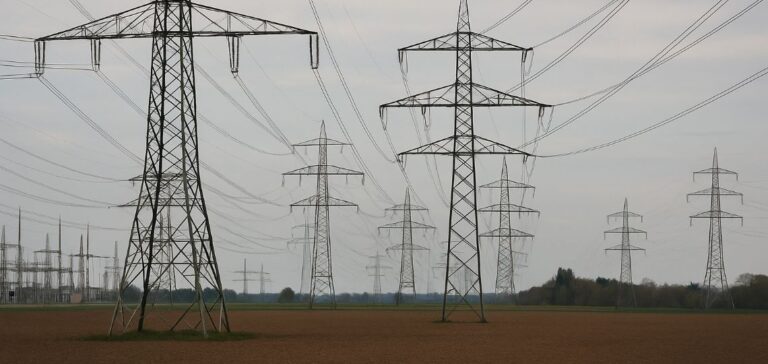Germany’s Federal Network Agency (Bundesnetzagentur, BNetzA) has presented a structural reform proposal for electricity grid usage fees. The consultation paper, published on May 12, introduces the possibility that electricity producers, who are currently exempt, will contribute financially to covering grid costs.
Towards a broader distribution of grid charges
According to BNetzA, grid fees are currently borne exclusively by end-consumers, which creates an imbalance amid rapidly rising infrastructure investments. The expansion of renewable energies, particularly wind and solar, is driving high grid extension costs, while producers do not participate in the funding. The regulator outlines several options, including a usage-based fee for injected electricity or a flat base fee for grid access.
“We need to reform the system for collecting grid fees,” said Klaus Müller, President of BNetzA. “The aim is to prepare this system for upcoming challenges.”
Flexibility and strengthened price signals
In addition to broadening the funding base, BNetzA proposes introducing capacity-based pricing mechanisms rather than relying solely on consumption. Current fees, entirely indexed to consumption above the low-voltage level, do not reflect the actual infrastructure costs. The paper suggests implementing a fixed fee, independent of consumption, to more accurately reflect system expenses.
The rise of prosumers, who reduce their dependence on the grid while injecting self-generated electricity, is contributing to the erosion of the funding base. According to BNetzA, this situation reduces economic efficiency and limits incentives to adjust demand to network needs.
Dynamic scenarios and differentiated pricing
The reform could also include time-variable tariffs applied on a regional or national basis, according to pre-set schedules. These tariff structures aim to reflect the grid load at different times of day or year. Another, more advanced, option would involve dynamic, localised fees providing real-time price signals to encourage behaviour aligned with grid capacity.
Energy storage facilities are addressed separately in the reform proposal, with the goal of ensuring their optimal integration into the system without distorting tariff structures.
Regulatory timeline and public financing
The public consultation is open until June 30. This process complies with a 2021 ruling by the European Court of Justice, requiring BNetzA to autonomously define grid fee regulations. The reform is expected to replace the current provisions under the Electricity Grid Fee Regulation (Stromnetzentgeltverordnung, StromNEV).
In parallel, the federal government plans to invest EUR23bn ($24.74bn) between 2025 and 2029 to halve grid fees, which in recent years have exceeded EUR60/MWh.






















